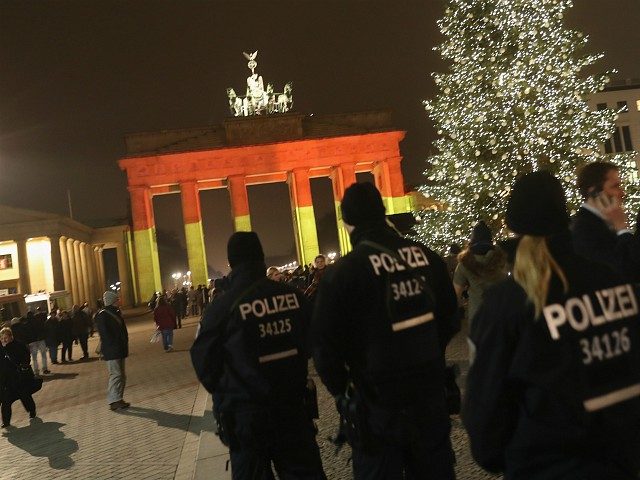Seventeen million Germans, or nearly one in four, over the age of 18 do not celebrate Christmas and the majority of those are young males.
YouGov Germany made the estimate based on representative data, with around 20 per cent of those who do not celebrate Christmas coming from a “migration background.”
“Younger respondents between the ages of 18 and 30 most often say they do not celebrate Christmas,” researchers found, with men being over-represented amongst that group.
People who live alone or have no children were more likely to not celebrate the holiday, with the likelihood that Christmas is celebrated in a household decreasing with falling income.
The survey also found that those who do not hold Christmas celebrations are also most likely to think weddings are a waste of money.
Still considered the nation’s biggest holiday, German Christian traditions heavily influenced Anglo-American celebrations, with Prince Consort Albert, the German husband of Queen Victoria, being credited with making German customs and decorations, such as Christmas trees, more widespread in Britain.
Germany’s state structures have been sidelining Christmas celebrations for years, according to parents who complained that day care centres were dropping Christmas festivities, with the teachers saying they would forego “Christian rituals” so as to accommodate the “diverse cultures” of other children.
Other schools have also dropped Christmas carols following complaints from Muslim pupils that they were incompatible with Islam.
In response to concerns that Germany was losing its cultural traditions in the face of the increasing presence of Islam post-migrant crisis, German Chancellor Angela Merkel responded that Germans should pick up a woodwind instrument and play a few carols to maintain their traditions.
“Yes I’m being serious,” she said.
“How many Christmas carols do we still know? And how many of them are we passing on to our children and grandchildren?” she asked a crowd at the national congress of the Christian Democratic Union (CDU) party in 2016.
“You just have to copy a few [sheets of carol music], and ask someone who can play the recorder or the flute [to join in],” she added.
“Otherwise, we will lose a piece of our homeland.”
Last week, the country’s Minister for Migration, Refugees and Integration Annette Widmann-Mauz was criticised on social media for tweeting a departmental Christmas card that omitted the word “Christmas” or any other traditional German greetings, reading instead, “No matter what you believe in, we wish you a thoughtful time and a good start to the New Year.”
However, the minister was careful to wish “all Muslims” in Germany “a blessed and contemplative fasting” during Ramadan in May.

COMMENTS
Please let us know if you're having issues with commenting.